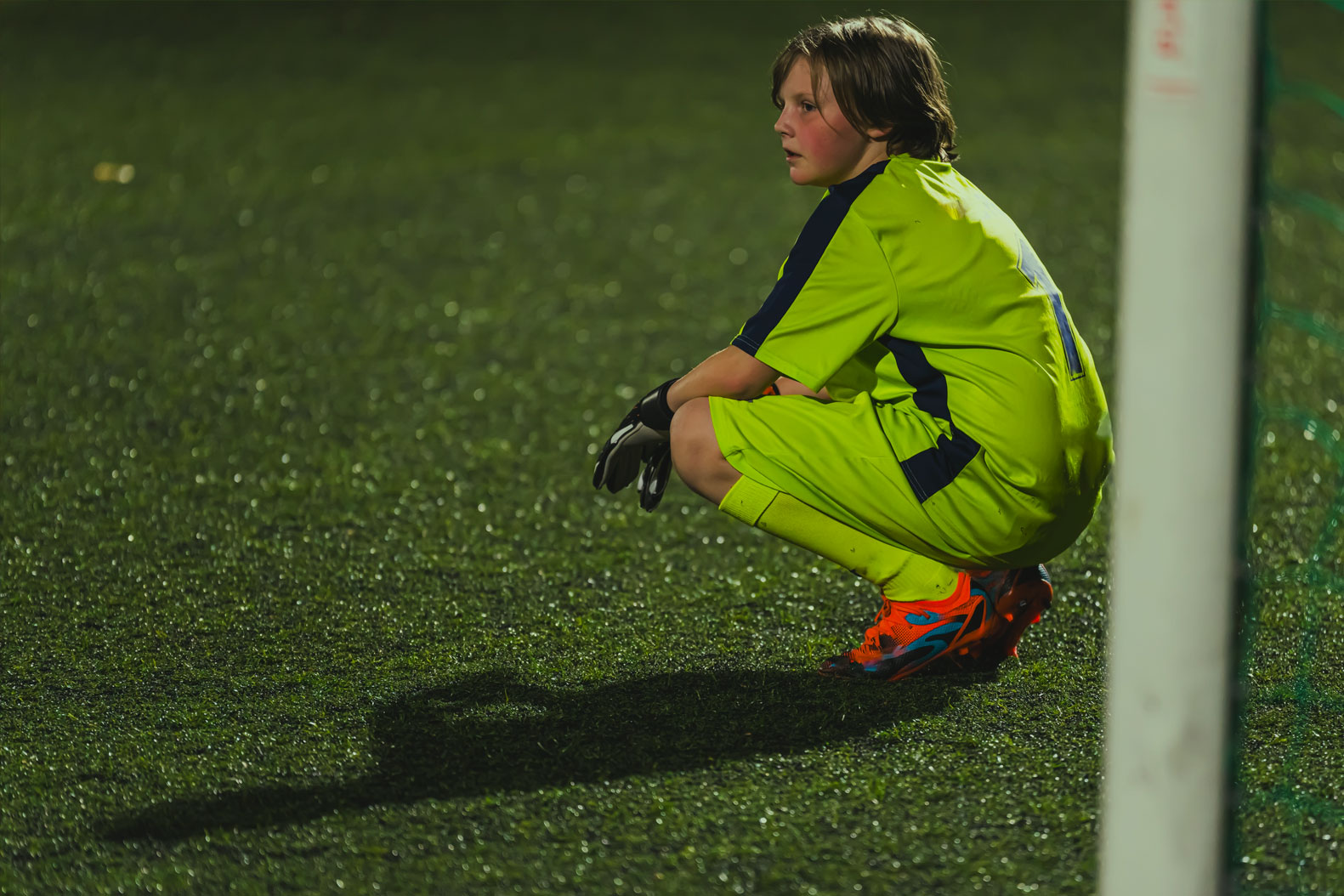
Energy management for goalkeepers: rest strategies and performance
Antoine Roex, Keeper In Motion – 17 October 2024
Discover the best energy allocation techniques for football goalkeepers. This article explores how to optimize rest periods and playing strategies to maximize performance during matches.
Understanding the importance of rest
Goalkeepers play a unique and strategic role that requires both vigilance and responsiveness. Effective rest, planned in harmony with the demands of the match, can preserve their energy and improve their performance. It is crucial for goalkeepers to understand when and how to rest in order to maintain optimum concentration throughout the game.
Energy management techniques
Effective ball distribution is a fundamental aspect of energy management for goalkeepers. By controlling the tempo of the game and choosing the right moments to release the ball quickly or hold it back, a goalkeeper can not only conserve energy but also influence the pace of the game. Incorporating specific techniques into the training routine can help to develop an economy of movement and reduce fatigue.
Optimum nutrition and hydration
Nutrition plays a critical role in goalkeeper performance. A balanced diet rich in complex carbohydrates, proteins and healthy fats provides the energy needed for high-intensity performance and rapid recovery. Hydration is also vital, especially for goalkeepers who are exposed to long periods of activity and explosive exertion, requiring adequate fluid management before, during and after matches.
Recovery and physical preparation
Effective recovery strategies, such as ice baths, compression garments and adequate sleep, are essential to help goalkeepers recover from the physical and mental stresses of matches. In addition, a tailored training programme that includes both strength and endurance exercises can support the goalkeeper’s overall performance and resilience in the face of the challenges of the job.
Conclusion
Optimal energy management for a goalkeeper is a complex balance between physical training, strategic rest, nutrition and recovery. By adopting proven strategies for each aspect, goalkeepers can improve their performance and endurance, while minimising the risk of fatigue and injury. Adopting a holistic and personalised approach is essential to excel in this demanding role.
References :
